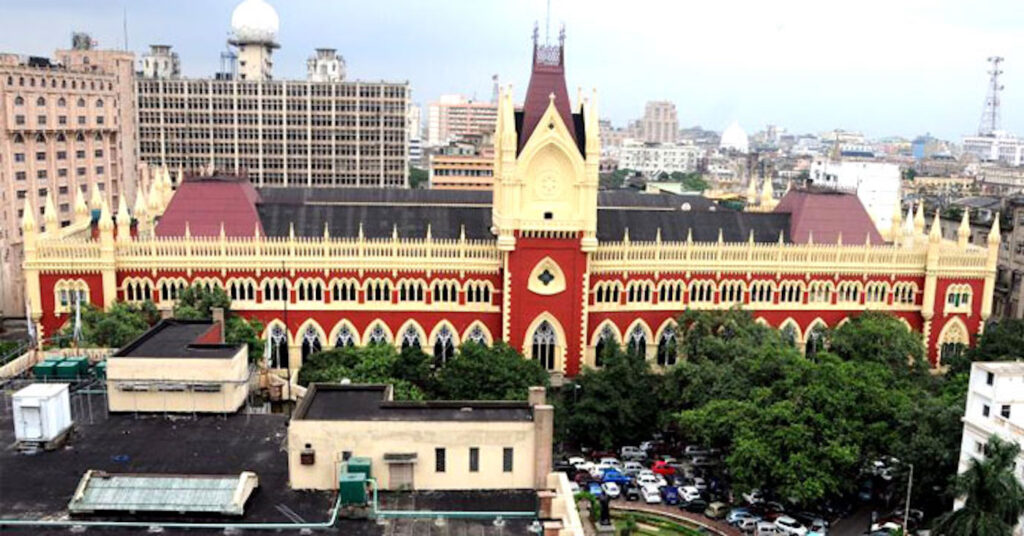The Calcutta High Court stated that the Constitutional Court cannot be limited in its ability to grant bail to an accused person due to strict rules in the penal law.

The Calcutta High Court stated that the Constitutional Court cannot be prevented from granting bail to an accused due to strict rules in a penal law. This statement was made in a case linked to a previous complaint involving Sections 120B, 419, 420, 468, and 471 of the Indian Penal Code (IPC) and Sections 20 and 20A of the Indian Telegraph Act, 1885 (ITA). Justice Suvra Ghosh, in a Single Bench, noted that if the accused’s rights under Article 21 of the Constitution are violated, the Constitutional Court must grant bail, regardless of how strict the penal law is. The Court must prioritize constitutional rights and the rule of law, which includes the right to liberty.
The Bench emphasized that long periods of detention before a person is found guilty should not be treated as punishment without a trial, and in such situations, Article 21 is applicable regardless of the crime’s severity. It stated that the Right to Life and Personal Liberty under Article 21 of the Constitution is fundamental and must be protected. Senior Advocate Sabyasachi Banerjee represented the Petitioner, while Advocate Phiroze Edulji represented the Enforcement Directorate (ED). The Petitioner was arrested in 2023 related to a police investigation into a prior offense and was granted bail by the Additional Chief Judicial Magistrate because the chargesheet did not name a victim. He faced accusations in another case and was recorded as arrested in that case after his bail release. While in custody, he was also charged under Sections 3 and 4 of the Prevention of Money Laundering Act, 2002 (PMLA). Two separate cases were filed against him and others for allegedly operating fake call centers. The Petitioner sought bail from the High Court.
In this context, the High Court observed, “The main allegation is against Rakesh Choudhury, who is said to have run fake call centers at the location in question and transferred crime proceeds to the petitioner’s account. The claim of Rs. 1.50 crores being paid to the petitioner in cash has not been clearly proven.” The Court noted that this cash transaction was based on an excel sheet found on a laptop belonging to someone who is neither an accused nor a witness in the case, and it appears that the ED conducted a thorough investigation, leading to overlapping statements and documents in both PMLA cases.
The E.D. believes the petitioner may flee and could tamper with evidence or influence witnesses if released on bail. The case relies on documents held by the E.D., so the petitioner cannot tamper with them. The witnesses are official employees, making it unlikely for the petitioner to influence them. The Court mentioned that concerns about the petitioner fleeing can be managed by setting strict conditions for bail. Since the investigation has concluded with a charge sheet, further detention for questioning is unnecessary. Therefore, the High Court approved bail for the accused, requiring a bond of Rs. 10 lakhs.
Cause Title: Kunal Gupta v. Enforcement Directorate
Appearance:
Petitioner: Senior Advocate Sabyasachi Banerjee, Advocates Antarikhya Basu, Minal Palana, and Sayan Mukherjee.
Respondent: Advocates Phiroze Edulji, Arijit Chakraborty, Deepak Sharma, and Swati Singh.









